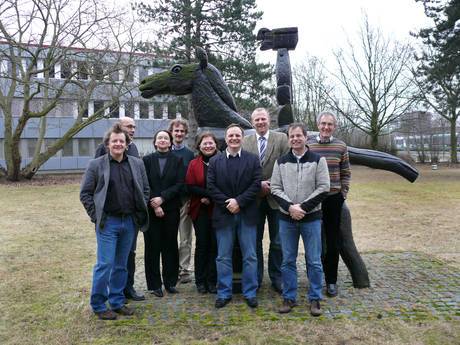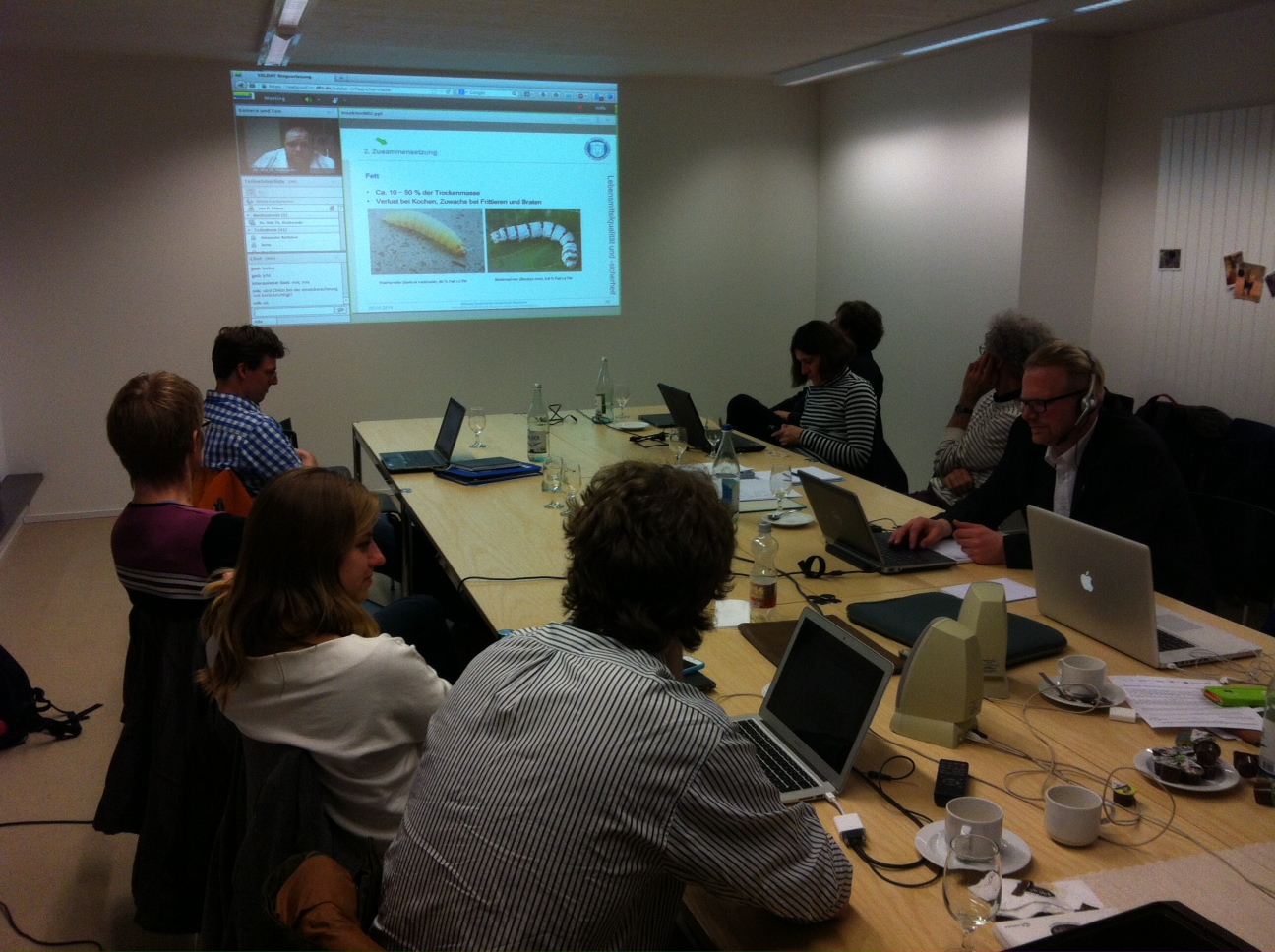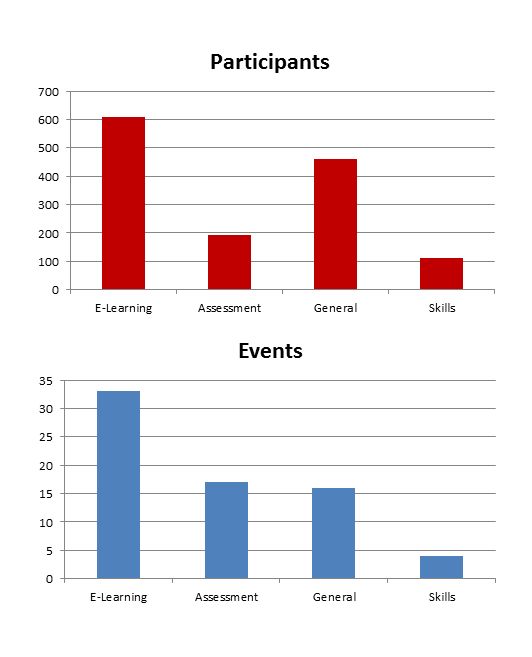


Theme
3JJ Staff development
INSTITUTION
KELDAT Competence Centre for E-Learning, Didactics and Educational Research in Veterinary Medicine
Hannover, Berlin, Leipzig, Gießen, München (D)
Zürich, Bern (CH), Wien (A)

KELDAT is a network of all German-speaking veterinary universities funded as a project by the VolkswagenStiftung and the Stiftung Mercator. The aims of the project are: raise the quality of veterinary education, exchange learning materials, co-operate in veterinary educational research and create a specialized veterinary didactic. As one part of the project didactical courses for all participating universities and their teachers were offered.

Ten different courses were offered to the universities as well as the possibility to create additional workshops for special needs. Topics were chosen from the categories “e-learning”, “assessment”, “skills training” and “general didactics”. Attendance and acceptance were measured.

Since February 2012, 70 courses with 1372 participants given by 12 trainers of the KELDAT took place. Most courses were done in the categories “e-learning” (33-607) followed by “assessment” (17-191), “general didactics” (16-462) and “skills training” (4-112). 11 (15,7%) courses were done online. The feedback of the participants was generally positive but showed improvement opportunities in the announcement of the courses at the participating universities. The use of virtual classrooms was new to most teachers.
Even if the most universities had offered quite expensive external teacher training programmes, there was a high demand for education trainings specialized on veterinarians. Trainings done by KELDAT fitted widely into this demand. The courses offered by KELDAT will be developed further in content, amount and promotion, especially concerning the use of virtual classrooms.
Using an interuniversity network for teacher training helps the participating universities to profit from joint expertise at low cost and high acceptance.
This project was funded by the VolkswagenStiftung and Stiftung Mercator in the programme "Bologna - Zukunft der Lehre"



 Send Email
Send Email